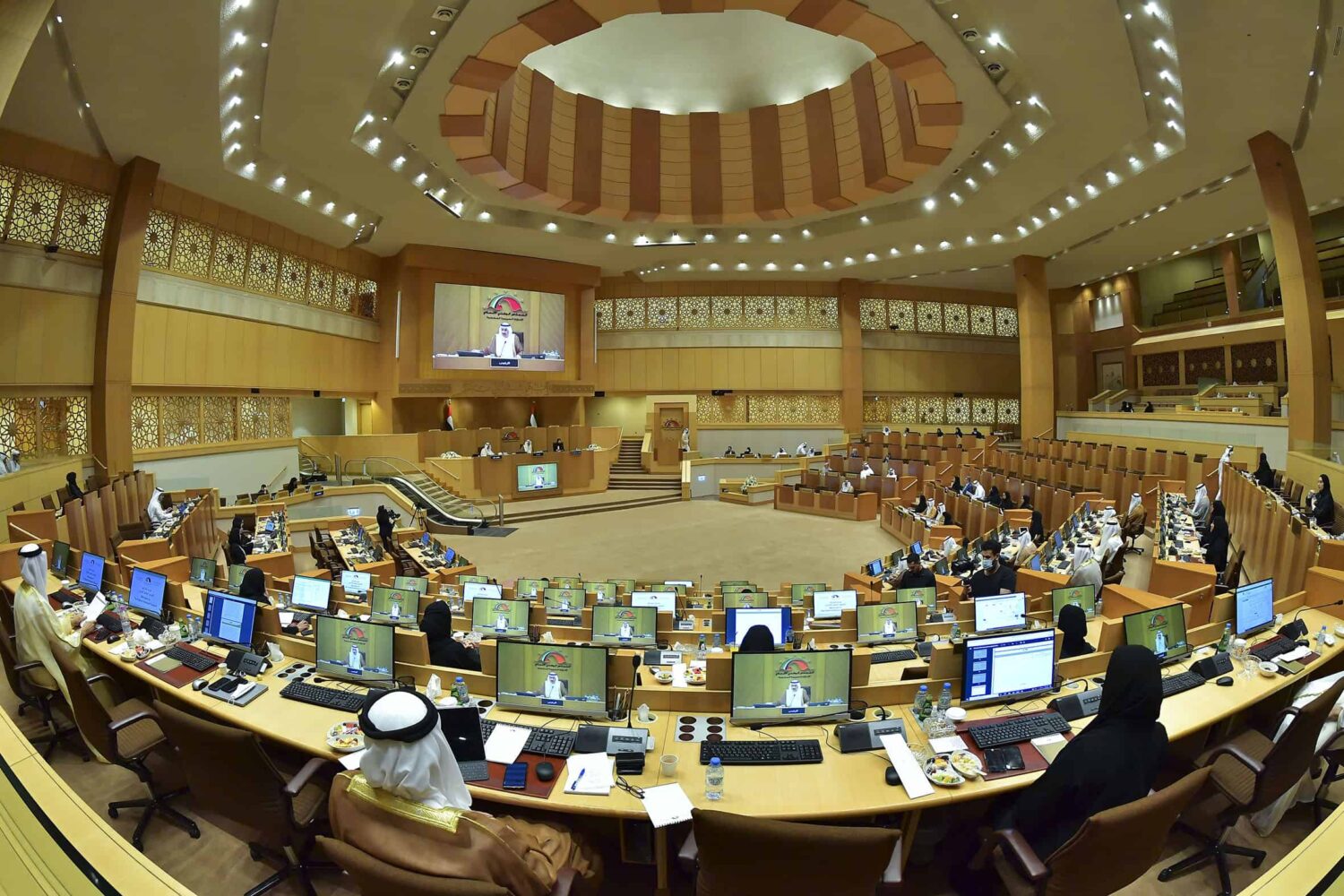RABAT, MOROCCO – UAE’s Federal National Council (FNC) highlighted the critical role of parliaments in addressing the repercussions of climate change, by passing laws that preserves the environment and promote the use of clean energy.
The FNC’s Parliamentary Division made this statement during the intervention by Aisha Mohammed Al Mulla, FNC Member and Chairman of the Parliamentary Division Group at the Parliamentary Assembly of the Mediterranean (PAM).
She made the statement at the meeting of PAM’s 2nd Standing Committee on Economic, Social and Environmental Cooperation which discussed the outcomes of COP27.
Al Mulla affirmed the importance of highlighting the role of parliamentarians in addressing climate change, which has become a political and social priority.
She also spoke on the need to strengthen the economic, social and environmental cooperation between countries and international and regional organizations.
This year, the UAE will host COP28 in Dubai, and President Sheikh Mohamed bin Zayed Al Nahyan declared 2023 the Year of Sustainability, she said.
Climate change is being prioritized by the UAE, as climate action is a major cornerstone of the country’s strategies, Al Mulla added.
The UAE also hosts the headquarters of the International Renewable Energy Agency and is committed to increasing the share of clean energy in the country’s energy mix, she further added.
The UAE’s clean energy production capacity is expected to reach 14 gigawatts by 2030.
The UAE’s investment in local clean energy projects is valued at over US$40 billion.
It has allocated AED600 billion to investing in clean and renewable energy until 2050, Al Mulla said in conclusion.

